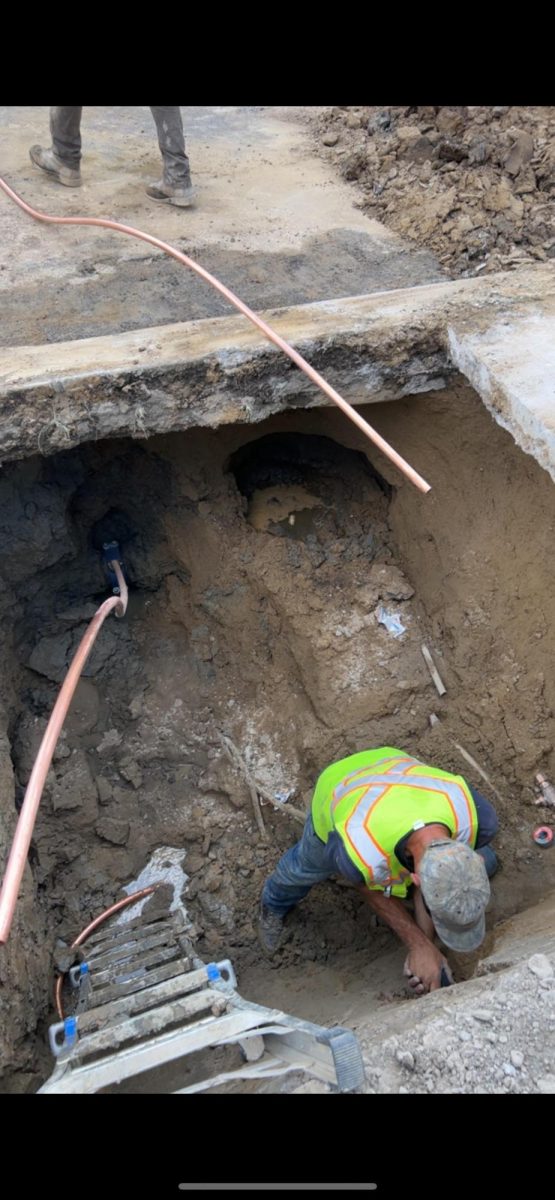In the fall of 2022, the Detroit Water and Sewage Department (DWSD), announced it had gathered a $100 million fund to quickly speed up the process with the replacement of lead line services in Detroit. There are projected 80,000 lead line services to be replaced for no cost to the people in Detroit homes. The city will start with 5,000 services to be replaced in 2023, then move to 10,000 annually at the start of 2024.
In 2018, Michigan’s lead & copper rule required all the lead services to be replaced over the next 20 years. Almost all houses in Detroit built in 1945 or older most likely have lead service lines waiting to be replaced. The main focus is to aim for areas that have children or seniors to ensure they are safe.
“We have an opportunity thanks to the Whitmer and Biden administration to speed up the vitally important lead service line replacement,” Said Mayor Duggan. “Thanks to the great work already done by the team at DWSD, we are ready to up the replacement of these lines in our most vulnerable communities and our goal is to beat the state-mandated deadline of 2038 to replace all lead lines,” said Duggan.
The process of the replacement begins with locating the waterline from inside the house with a locator. After locating the waterline to the main, they start excavating where it was located. After the excavator digs up a five to six-foot hole, they hand dig the water main to find the old lead line. Following the old lead line being found, they cut it and shut it off. The excavator then starts to dig the curb box hole where the shutoff will be from the water main to the house.
Once they get it all shutoff and ready to go, they get on the horizontal directional drill to drill a hole underground into the basement of the house where they then hook up the copper to the drill pull the copper back, and hook it up to the water main. Lastly, they backfill the hole with the dirt they used to dig up the hole and tamp it down to make sure it’s solid and stable.
These waterline replacements usually take up to two to four hours per house depending on how smooth everything goes. After a crew finishes a street or a block, they have to go back through all of the houses they have done and do restoration. Restoration consists of tamping the holes down and then using top soil, seed, and hay to put over the hole where the excavating project was done and complete.
The cost to get one of these waterline replacements done is around $8,000-10,000, luckily the city is funding all of the residents in Detroit to ensure all civilians have safe and healthy drinking water.
The major goal of this project is to ensure all civilians and residents in Detroit are given safer drinking water to ensure the health of the people is okay.





